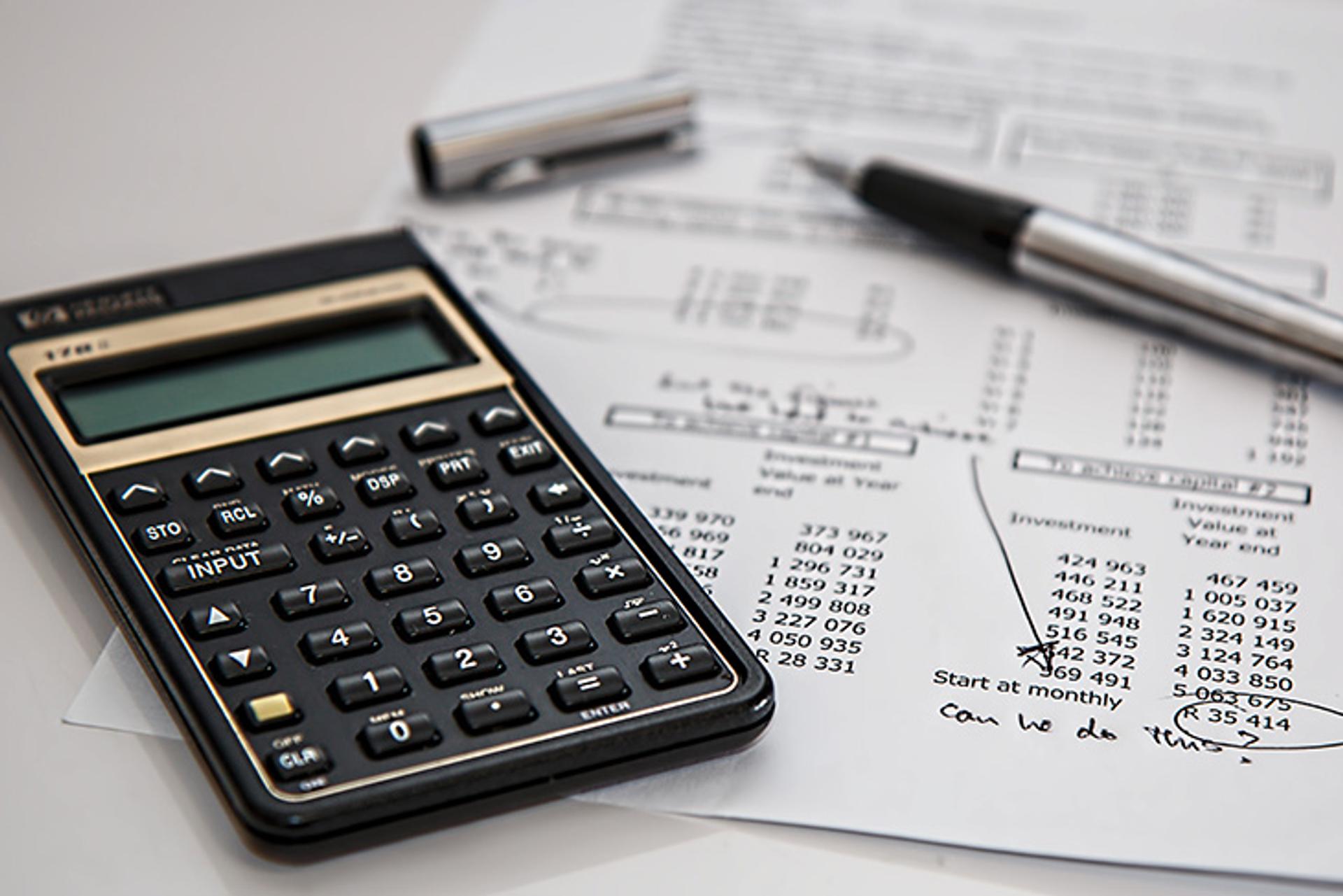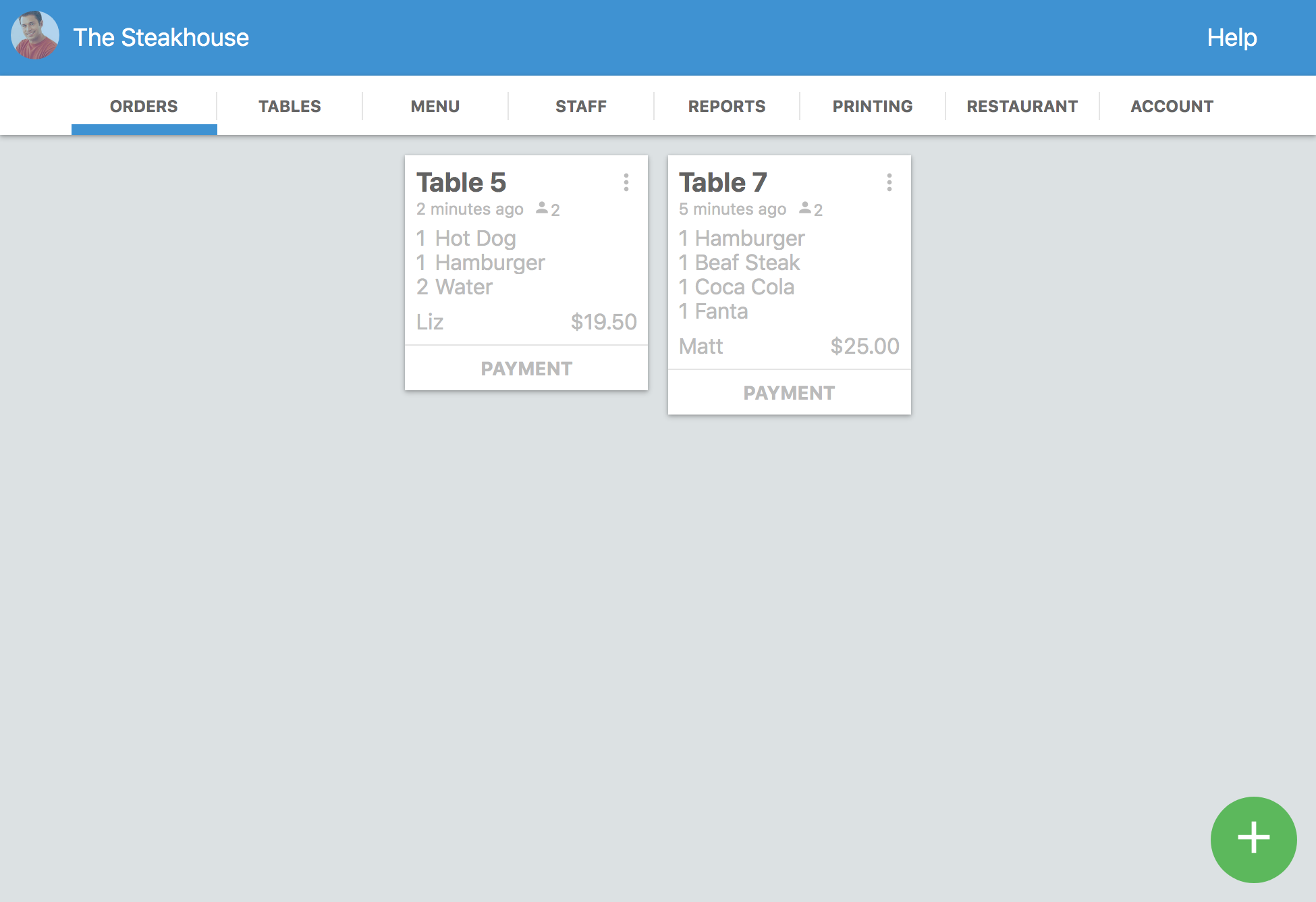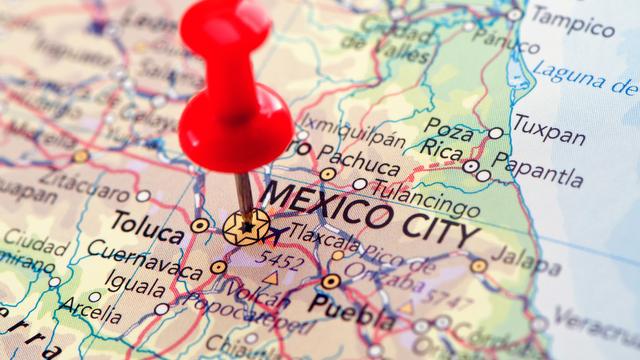Opening a restaurant is hard work, and your love of cooking or entertaining won't turn your dream into a viable business. That's the primary reason why you need to develop a business plan. Traditionally, business plans are designed to help you get financing or satisfy potential investors. However, even if you self-finance the whole operation, a business plan can help you recognize and deal with problems proactively.
The benefits of creating a standardized business plan for your restaurant include getting financing, understanding what you will face as your restaurant opens and exploring critical details such as concept, core values and business strategy. Your business plan serves as a road map as your restaurant moves into new territory. After your business has been established, you can refer back to your plan to see if you're staying on track or whether you need to modify your strategy.
Critical Components of Your Business Plan

Business plans generally follow a standardized format, which helps loan officers and investors find the critical information they need. Information includes the details of the business, preliminary budget, information about your concept, your experience and your financial information. The following areas are critical to cover:
Executive Summary
The executive summary is an introduction that summarizes the entire plan. In this section, you want to grab the reader's attention with the basics of your restaurant idea. You'll cover the style of restaurant, the location, what customers you'll target and why you're well suited to run a restaurant. You'll also cover how much money you and any partners are investing, how much you need and when you think you’ll break even.
Concept
Your core concept and mission statement should be simple to understand. For example, Applebee's statement suggests that the company wants to contribute to "growth, joy and enrichment of all the lives we touch." The chain has more than 1,500 restaurants worldwide.
The concept of your restaurant might be fast food, family dining, gourmet food for urban hipsters, fast casual or fine dining. It's helpful to read a variety of restaurant business plans to get a good sense of writing style, layout options and the technology that your restaurant will need.
Design
Design encompasses both the interior and exterior design of your restaurant. It also includes your menu, company colors, logo and even your takeout materials. All these things work seamlessly to brand your restaurant. You'll have to include the costs of furnishings and equipment as well as the expenses of hiring a contractor and design services.
Menu and Service
You should go into some detail about what kind of food and drink you plan to serve and how the food will be served. Define what will be unique about your restaurant and why it should succeed in the area you've chosen to locate your business. Include a sample menu with projected prices, food costs and supply chain details. Today's trends tend to favor restaurants that use local suppliers and farms, so try to incorporate local sources into your plans. You should produce a detailed cost analysis. At this stage, you should commission a logo for your restaurant to include in your business plan.

Budget
You'll need to produce a detailed budget including overhead, rent, projected payroll, taxes, costs of design and remodeling, marketing expense, POS system costs, insurance cover, and how you plan to deal with excess waste, theft, and spoilage. It's important to show potential lenders--and other stakeholders--that you've put a lot of effort into your planning. Food costs can run between 20 and 35 percent. Pizza restaurants generally have the lowest food costs, and fine dining establishments have the highest.
SWOT Analysis
There are always challenges and opportunities for any restaurant. Good planning helps you to pinpoint your strengths, weaknesses, opportunities, and threats. This is called a SWOT analysis, and it's important to do this--both for yourself and potential lenders.
Strengths might include your network of friends and associates, your location, your restaurant experience, and other tangibles and intangibles. Weaknesses might include having no business experience or too much competition from nearby restaurants. Opportunities could include alternate income streams such as offering delivery service, on- and off-premise catering, and branded merchandise for sale in-house and online. Threats might include losing an aging supplier, natural disasters, the actions of your competitors, or what happens if you become incapacitated. You should include a strategy to deal with the most common threats such as getting insurance.
Marketing Strategy

The days of relying on word-of-mouth advertising are gone. Even neighborhood residents turn to their phones to research restaurants. Your customers probably spend a lot of time on social media platforms, so you need to connect with them. It's important to develop a pre-launch marketing plan and a plan to keep the momentum going after your opening.
If you plan to hire a PR team or advertising agency, now's the time to do it so that you can refer to them in your business plan. You should also hire an attorney to help you determine your business structure and deal with any legal issues. Your attorney can also review your business plan and make suggestions.
Do your due diligence to find out what types of publications your ideal customers read and which social platforms they use. Decide whether you want to incorporate an automated loyalty and rewards program for your customers.
Financials, Specialists and Consultants

You can't do everything yourself, so you need to delegate specialized tasks such as designing your website, marketing your restaurant and handling your finances. An accountant is very useful for guiding you through your finances and projected budget. You might even choose to hire a professional to write your business plan, but you can find blanks templates online to help you with this.
Your accountant will need to know how many seats your restaurant will have, the average guest check projections, turnover rate, risk management strategy and marketing plans to make accurate and reasonable projections.
In today's restaurants, it's almost mandatory to get customer relationship management software, or CRM, and enterprise resource planning software, or ERP. The latter is the traditional back-of-the-house accounting system.
The Finishing Touches

Actually, there are no "finishing" touches because your business plan is never finished. You should update it regularly when new information becomes available. However, it's important to produce a professional document with good grammar, accurate spelling and an attractive layout. Proofread your plan carefully for misspelling, misstatements and typos.
Style is important, and what you're going for here is a thoughtful, accurate, reasonable and compelling document. The best business plans are clean, clear, confident and relatively formal. Try to avoid being arrogant, sloppy or folksy. You're dealing with business people who know what they're looking for, so make sure that you provide it.





